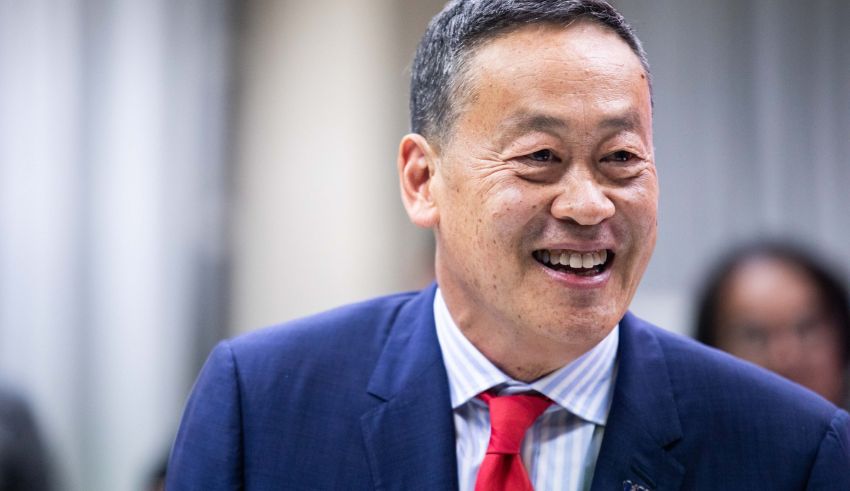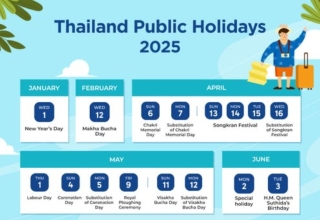
The recently elected administration of Prime Minister Srettha Thavisin, which is part of a coalition led by the Pheu Thai Party, has announced a detailed policy program that consists of seven important topics. This policy, which is referred to as “1 stimulation, 3 speeding up, and 3 creation,” calls for big changes in several of Thailand’s economic and political spheres.
Stimulation
The government’s primary focus under the “stimulation” category is to bolster the domestic economy. This will be accomplished by the implementation of a digital wallet program, a bold idea that involves giving all Thai citizens over the age of 16 access to 10,000 baht in digital currency. The caveat is that within six months, this money needs to be used within a 4-kilometer radius of the recipient’s registered residence. This project is expected to cost a whopping 560 billion baht. It is important to keep in mind, though, that this plan has the potential to raise its value by a staggering 6x, or 3 trillion baht. On January 1, 2024, implementation is scheduled to start to boost regional economic activity.
Speeding Up
Three significant initiatives that the administration wants to get forward more quickly are:
- Constitutional amendment: This initiative highlights how crucial it is to maintain Thailand’s constitutional monarchy. To expedite this procedure, the plan calls for the creation of a constituent assembly that is popularly chosen.
- Debt Moratorium: Due to the COVID-19 pandemic’s persisting effects, the government plans to grant farmers a debt moratorium of up to three years and affected companies a moratorium of one year. It is anticipated that this action will give people struggling with financial difficulties much-needed respite.
- Reduced Cost of Living: Lowering the cost of living in general and energy prices is a top objective. By reducing these costs, the government may greatly lessen the financial burden on the populace and promote stability in the economy as a whole.
Keep Reading
Creation
The government aims to promote innovation and expansion in several high-potential businesses under the “creation” umbrella.
- Tourism: Free visas are being offered, airport operations and flight management are being improved, and the minimum pay has been increased to 600 baht. One of Thailand’s economic cornerstones, the tourism industry, will be revitalized by these initiatives.
- Economic Disparity: The government intends to lessen economic inequities by giving farmers land title deeds, promoting tree plants to trade carbon credits, assisting SMEs, and fostering a soft-power economy. These actions are meant to equalize the playing field and open doors for all citizens.
- Quality of Life: The policy places a strong emphasis on improving the quality of life for all Thais. This entails addressing the drug issue from a healthcare perspective, enhancing the national healthcare programme, and ending conscription into the military.
In conclusion, the seven-point policy plan outlined by Prime Minister Srettha Thavisin is a diverse strategy for addressing economic issues, fostering growth, and enhancing the welfare of Thai residents. If these measures are successfully implemented, the political and economic landscape of the nation could change in the ensuing years. There is little doubt that both domestically and globally, considerable attention will be paid to the accomplishment of this ambitious goal.



























